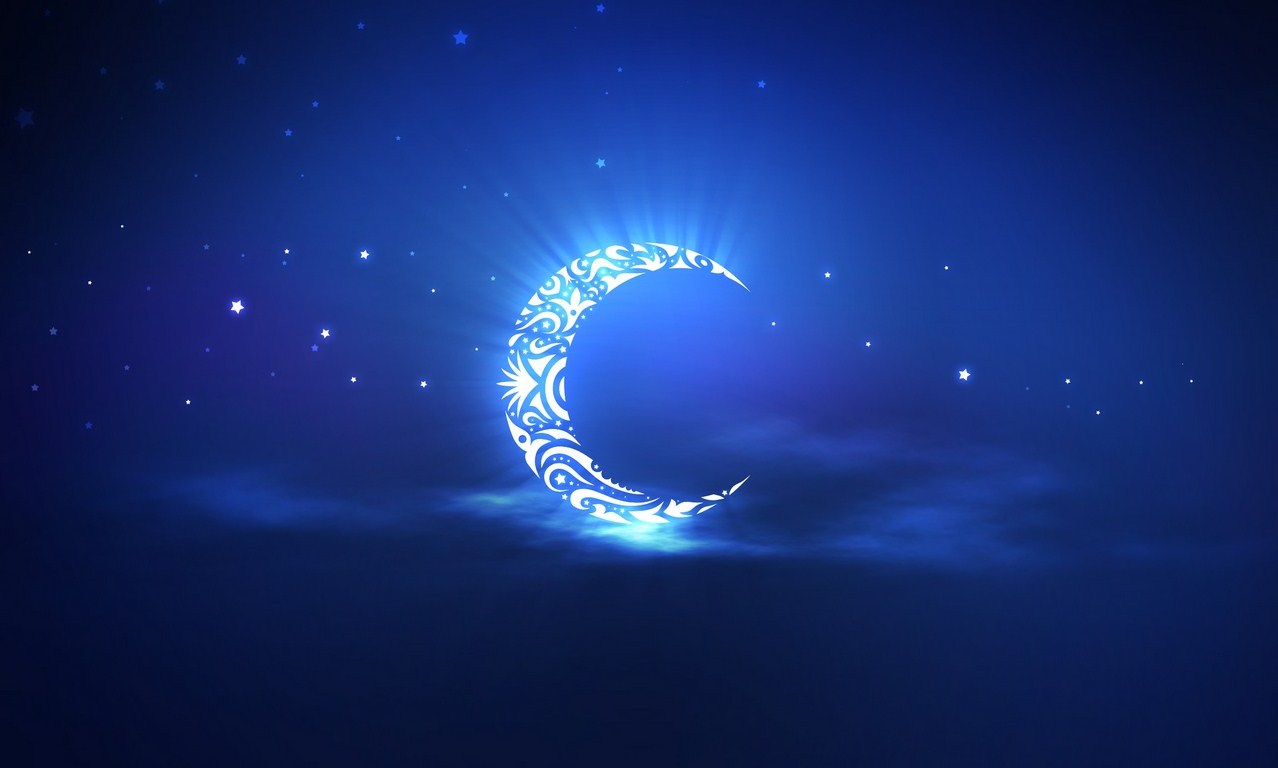Ours is a land of diversity, where people of different religions live in unison, and festivals of many kinds are celebrated with great triumph, year round. These festivals revive bonding, cultural beliefs, thus infusing harmony, joy and feeling of belongingness amongst the various religious, social, or geographical groups, and collectively citizens of a nation that celebrates secularism.
Importance of Ramadan in Islam
Festivals of all religious sects are celebrated by everyone no matter what religion one belongs to. Ramadan being one of the most important festivals, which is a Muslim festival but is celebrated worldwide. It is the ninth month of the Islamic calendar and is observed as a month of fasting by the Muslims, it is believed that during this time of Ramadan, Allah revealed the first verses of the holy book of Islam, the Quran to Muhammad and it has been referred to as the “best of times”. It is the time of worship and contemplation. The month lasts 29-30 days based on the visual sightings of the crescent moon.
Ramadan Celebrations in Kashmir
Ramadan has its own essence and special way of celebration when it comes to Kashmir. Sahar Khwaan, walks around with drums at the time of Suhoor or Sahar to call out people to eat the pre-dawn meal before commencement of the fast. The service of this Sahar Khwaan is hired by people in particularly urban areas and they find their place in the featuring of local newspapers. According to the Quran, fasting was obligatory and a way to attain Taqwa, so you do righteous deeds and have fear of God in case of a wrong intent; thus observing a month of utmost self-discipline. Fasting is one of the Five Pillars (duties) of Islam. While fasting Muslims refrain from consuming food or drinking or even engaging in any sinful activities, instructed to avoid false speech and behavior. Fasting from dawn to sunset is the predominant practice during the month and has numerous health benefits like increased alertness, improved brain function, due to greater cell production and others. Along with fasting, some Muslims recite the entire Quran by means of special prayers, called Taraweeh.
Kashmiri’s also have certain foods and drinks particularly reserved for the month of Ramadan. The drink Babri Treish or Kanne Sharbet, Chia seeds mixed with milk and water forms integral part of Iftar. Phirin, is another integral part of the Iftar menu is the milk pudding, made from Semolina (irmik) seeds and is mostly used as a dessert. Ramadan in Kashmir is always accustomed to something traditional and special. The traditional singing is now almost extinct, but was earlier done by women during the month of Ramadan. It was called Rouff and was mostly sung by young girls, when the men were away to offer their night prayers- the Taraweeh.
Much more than not just eating or drinking, it’s a time to purify the soul, refocus attention on God, and practice self-sacrifice, so as to attain spiritual peace. Thus committing both body and soul to the spirit of fast and refraining from indulgence, to cleanse it and refocus oneself towards the worship of God during the month of Ramadan.
To further add more charm to the festival, the Government’s cultural ministry is working towards organizing a month-long food carnival, which will be funded by 30 big businessmen for free Iftaar. The night markets will also be thrown open and so will be the markets around the religious places between Ishah and Fajr prayers. Also the state has invited fifteen unique dish-makers from Muslim pockets of India, and dishes like Hyderabadi Biryani, Delhi Nehari and Lucknow’s Gulawati Kebab, etc. will be served.
Ramadan culminates with a festival of EId-Ul-Fitr. It begins with morning prayers and is followed by celebration amongst family and friends. Literally “Festival of breaking the fast” is a three day celebration, and is one of the most important Islamic celebration. A sense of generosity and gratitude color these festivities. Good deeds and charity are in general important to humanity, but they have a special significance at the end of Ramadan. Dressing up in new clothes, decorating houses, preparing special traditional delicacies and sweets, along with doing some charitable deeds, marks the end of the long month of fasting. The gaiety of celebrating life and thanking Allah for his blessings, is in the atmosphere. The festival witnesses a joyous culminations of celebration, which also includes exchange of gifts between friends and family, who also gather to pray in congregation and savor the festive feast together.
Related: Sugar Feast of Eid-ul-Fitr

